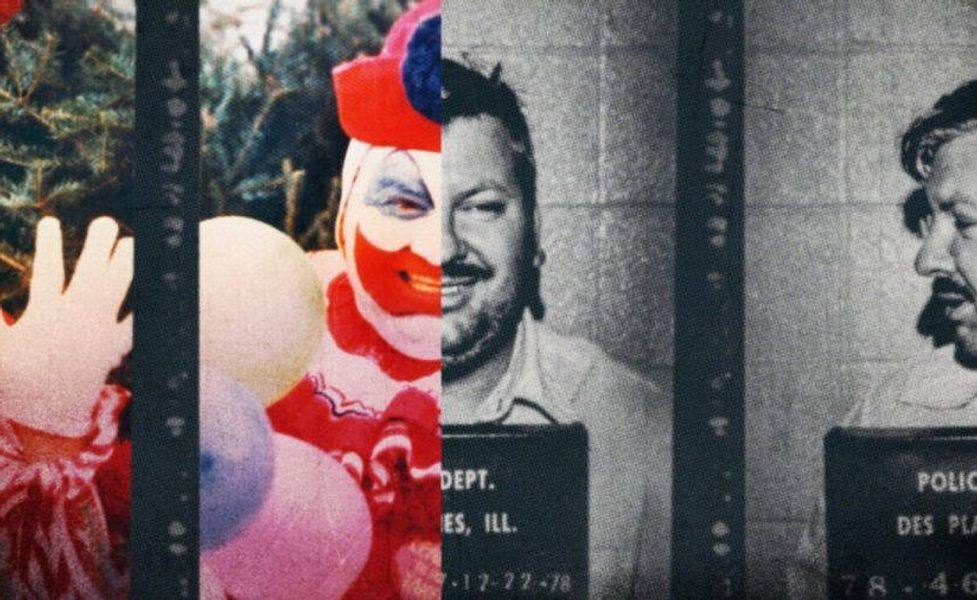Imagine a quiet Friday night in with some takeout, wine and a true-crime binge on Netflix. Does it not sound perfect and peaceful? While crime and peace in the same context might sound like an oxymoron, there is a deep-seated psychological attachment that most true-crime patrons have with these documentary titles (films and shows) that make the occasional splatter of blood and gore ever so appealing.
Recently, Netflix has been having a tough time resonating its Original content with the audience. While they keep on heaping new shows and films to their shelves, viewers are seemingly distraught at the dwindling content quality. Add a sudden subscription price hike in regions like the United States, United Kingdom, Canada and Australia, and the streamer lost over 200,000 subscribers last month.
Amidst these stories of abysmal viewership ratings, one genre has been thriving since time immemorial, bringing in the viewership that is helping the streamer sustain itself. True-crime shows and documentaries are performing better than ever, drawing in swarms of viewers who are probably guilty of moral disengagement, apathy and general affinity to homicide, abuse and other horrifying criminal activities, as alleged by various orthodox moral purists.
While we dispel such notions and disagree with their ideas, it is indeed a pretty intriguing question. What is it that makes true crime so appealing? Why do we enjoy reliving the terrors inflicted by certain vile, monstrous psyches on unsuspecting victims? Let us focus on a few Netflix shows and films to understand the same.
Firstly, Netflix has a wide variety of true-crime shows and documentaries. From real-life investigatory footage to archival interviews, the streamer also makes great efforts to include confession tapes, long-lost images, animation and other elements to make the case intriguing while giving the audience a clear and intimate insight into the perverse depravity of the human mind. Uniquely shot and presented, the titles are sometimes gruesome and disgusting, shocking the viewers as they witness these heartbreaking narratives.
Unlike various other true-crime titles, Netflix does not make a sensational story out of the victims/survivors’ miseries, nor do they glorify the killer and establish them as certain pop-cultural icons or misunderstood pariahs. Over the years, despicable serial killers like Ted Bundy, Charles Manson, John Wayne Gacy etc. have been promoted to the stature of an anti-establishment icons. From donning the same disguise at Halloween parties to casually referring to them in Tinder bios, people somehow seem to overlook the kind of vile, perverse acts each one of them committed. Their apathy and ignorance are more hurtful to the memory of the victims than a streamer trying to inform the viewers about a terrifying story and vindicating the criminal instead of actually letting him be established as some sick, twisted hero.
Take, for example, the recent series Worst Roommate Ever. This five-episode anthology series tackles a different horror story of roommates where the survivors find out about the kind of sick, deranged individuals they had been rooming with. From a sweet-talking blood-thirsty grandma to a pathologically lying athlete, the stories are pretty intense and scary and might terrify those who are already residing with roommates. The creators deftly used animation to portray some of the scenes and re-enact them to make them look even more compelling and stressful. Never once did it undermine the victims’ stories; instead, they championed it while constantly pointing out the depravity of the accused.
A lot of people take about how true-crime shows are often forms of victim-blaming outlets. With the shocking Netflix documentary The Tinder Swindler, some of these accusations were proved true when people called out the three women for being naive and immature enough to believe Simon ‘Leviev’ Hayut when the latter tricked them into his million-dollar Ponzi scheme. Rather than criticising the documentary’s portrayal of their stories, one must realise the kind of toxic mentality that pervades the society where one is quick to blame a woman and call her out for being too trusting instead of questioning how the legal system failed them by releasing Hayut from prison. The Tinder Swindler‘s greatest triumph would be exposing the faulty judicial system who did absolutely nothing to bring justice to the jilted women.
True-crime documentaries, shows and books also often help process negative emotions. From confronting fears to moving on from past trauma, true crime can be a source of exposure therapy. Since real crime is pretty brutal and the opposite of comforting, the vicious realities often helps people process the lingering hurt and trauma from certain events, appealing to the deepest corners of their psyche. It also helps many to get rid of the tendency to self blame themselves for a certain kind of similar situation they have been in compared to a certain true crime title. It empowers the idea of the perpetrator being despicable and responsible and never the victim.
While the debate regarding the ill-effects of true crime titles will always be in the picture, it is essential to realise our own responsibility as thinking human beings to differentiate right from wrong. The titles are informative and educational and often bring to light the stories of horrific abusers and killers while championing unheard voices and telling their stories. It also serves as a commentary on contemporary society, the socio-political landscape and the legal system that has let the perpetrators get away with crimes before coming to a cathartic end where almost most of them are caught and punished.
